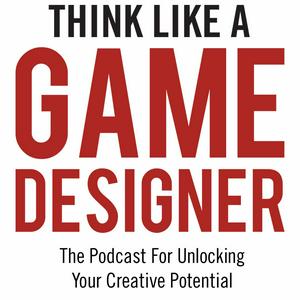About Vlaada
Vlaada Chvátil is one of the most influential game designers of the modern era. As the creative force behind classics like Through the Ages, Codenames, and Galaxy Trucker, and a co-founder of Czech Games Edition (CGE), he’s built a career defined by curiosity, craft, and an uncompromising commitment to making games he actually wants to play. Vlaada’s path—from programming and digital game development to shaping some of the most enduring tabletop designs of the last 20 years—has given him a rare perspective on iteration, collaboration, and long-term creative sustainability. In this episode, we explore how he chooses projects, why great development beats marketing every time, and how designing for joy has fueled both his games and his company.
Ah-Ha Moments
We Sell Games So We Can Make Games: Vlaada reframes the entire business of game design. The purpose of publishing is to fund the next act of creation, not to chase sales targets. This mindset frees designers to make bolder, more honest games, because success is measured by creative momentum, not quarterly performance.
The Best Marketing Is Ruthless Investment in Development: CGE spent its early years with no marketing team at all, because they didn’t need one. Vlaada’s long-term strategy is simple and difficult: invest heavily in development and let quality do the work. Great games create their own momentum. Word of mouth, sustained sales growth, and long tails are the natural result of excellence.
The Golden Rule of Collaborative Design: When collaborators disagree, Vlaada avoids persuasion entirely. Instead of fighting to prove one idea right and the other wrong, the goal is to find a third solution neither person originally proposed, but that both genuinely like. This reframes disagreement as a creative engine, not a conflict, and almost always leads to stronger, more resilient designs.
This is a public episode. If you'd like to discuss this with other subscribers or get access to bonus episodes, visit justingarydesign.substack.com/subscribe


